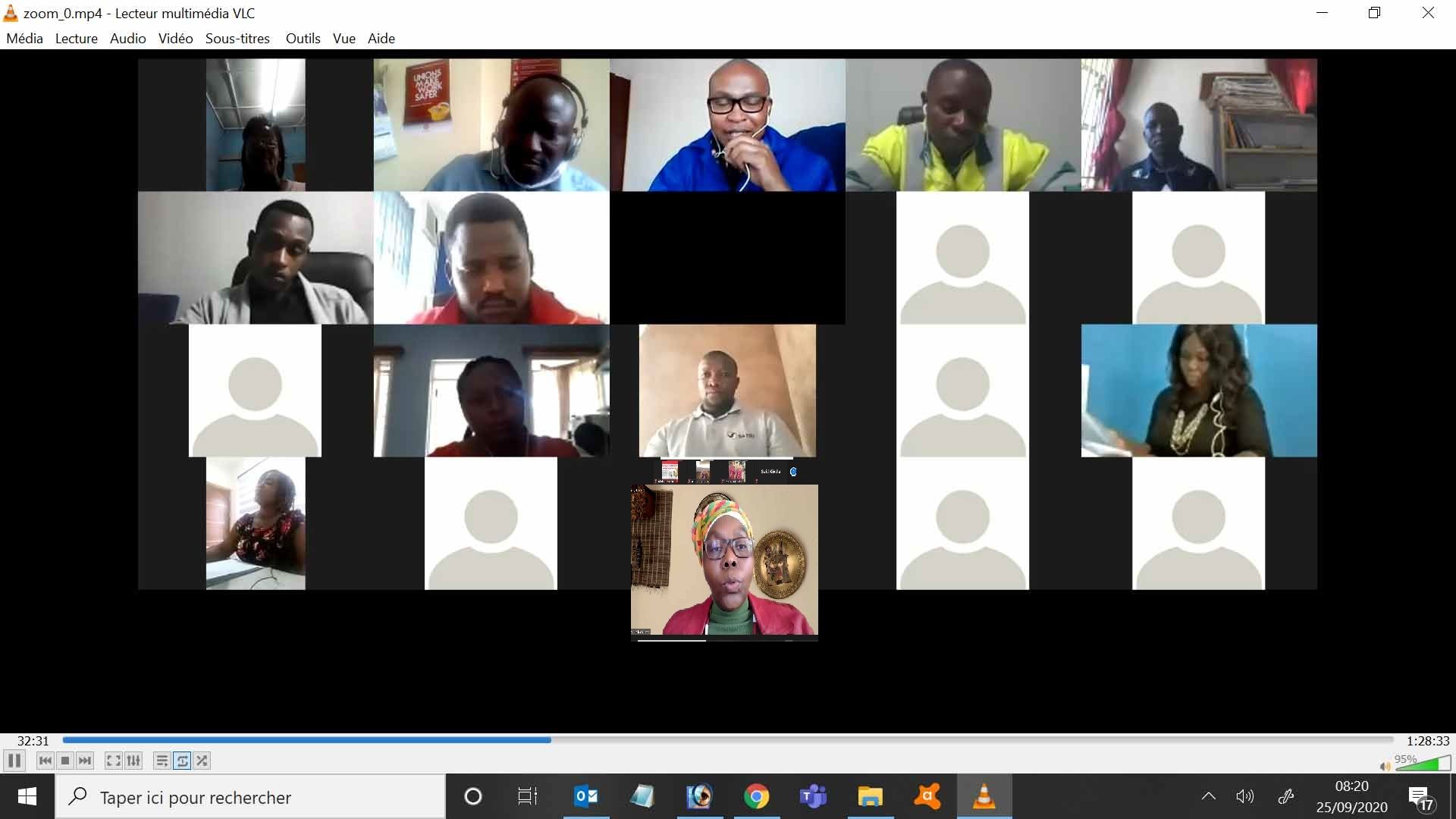Young people call for stronger unionism amidst COVID-19
 Young people from Africa and the Middle East are calling for stronger trade unionism and social dialogue mechanisms to combat the negative effects of COVID-19 on their health and employment.
Young people from Africa and the Middle East are calling for stronger trade unionism and social dialogue mechanisms to combat the negative effects of COVID-19 on their health and employment.
In a 20 November Regional Youth Exchange Programme organised by BWI among 27 young activists, including 11 women from Africa and MENA, the young participants observed that the COVID-19 crisis is reshaping the world of work and pushing forward digital transformation. They also said that the pandemic is inflicting a heavy toll on young workers, destroying jobs and undermining their career prospects.
Young people’s mental health was also discussed. They said that the pandemic’s severe disruption to learning and working, compounded by the health crisis, has severely challenged many of the youth’s mental well-being. The youth participants said that young workers who lost their jobs are likely to experience anxiety and/or depression.
These were all confirmed by BWI International and Regional Youth Committee Chair Lebohang Vincent Ramabolu, who reported on the pandemic’s impact on African and Middle Eastern youth. “In Africa alone, young people are facing multiple shocks such as disruptions to education, skills training and on-the-job learning, rising unemployment and income losses,” he said.
The situation of young women in the region was also widely discussed. ITUC-Africa Youth Committee Chair Jane Njoki tackled young women’s double burden of work comprised of paid work and unpaid and unrecognised reproductive work.
Similarly, the plight of the youth’s most vulnerable and marginalized segments was also deliberated. Njoki, who is also from COTA-Kenya, said that young people with disabilities and young displaced persons, who are already facing difficulties in accessing education and job opportunities, are confronting new challenges brought by the pandemic.
In her message, BWI Africa and Middle East Regional Representative Crecentia Mofokeng called on the participants to play a vital role in building stronger and more vibrant trade unions.
“The future of trade unionism is now in the hands of young workers who are expected to be in the frontline in promoting new ways to organise the working people. We must not let the pandemic dampen our morale. We should continue exploring innovative ways to organise, collectively bargain and influence policies,” Mofokeng said.
